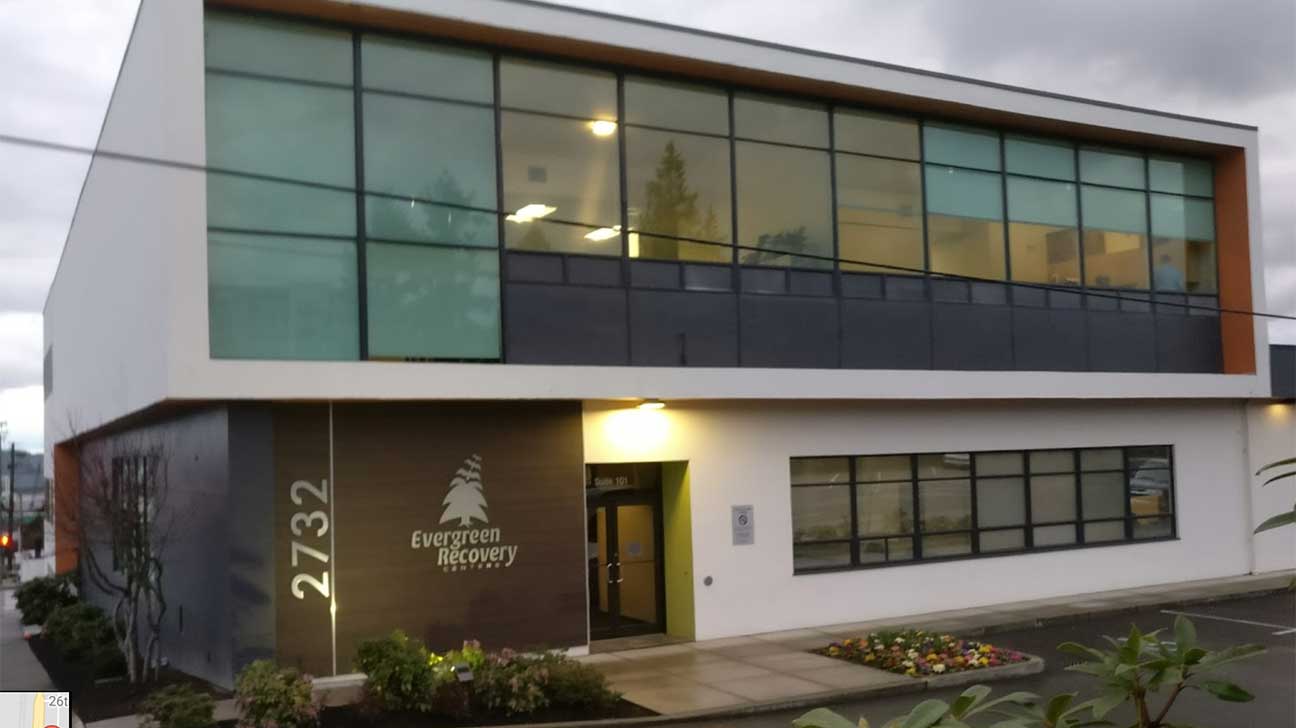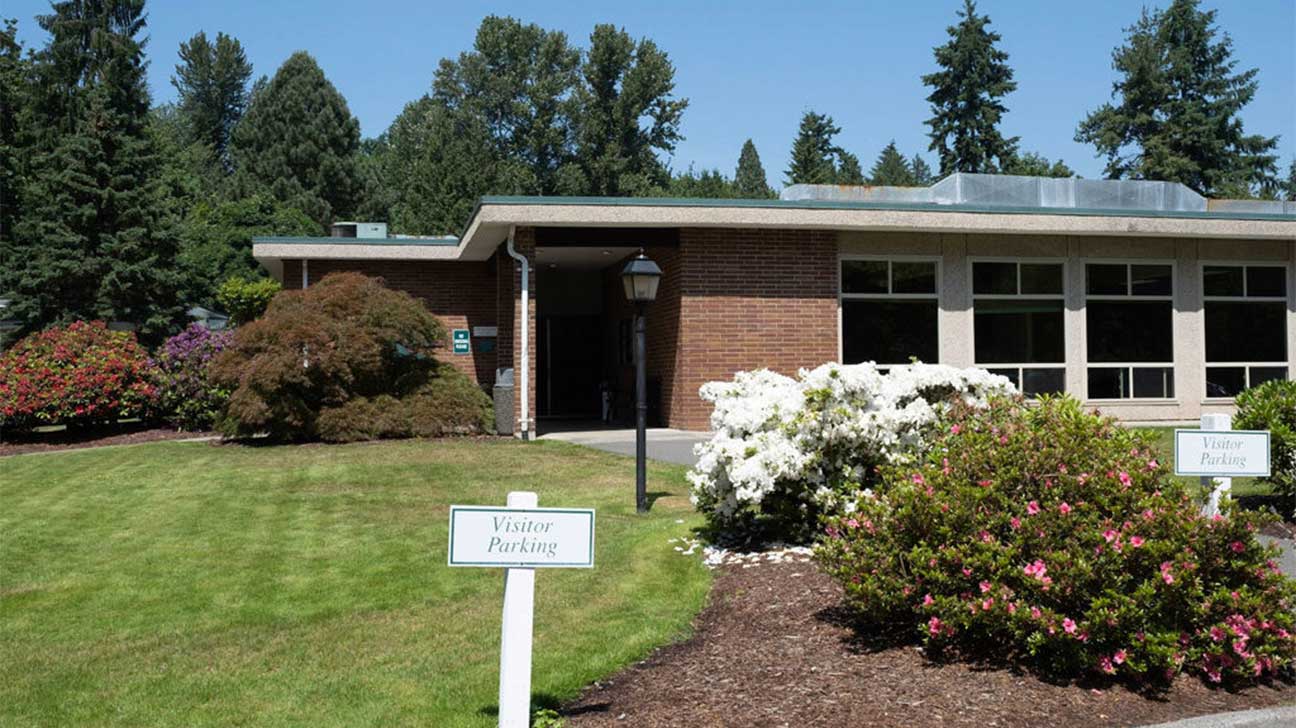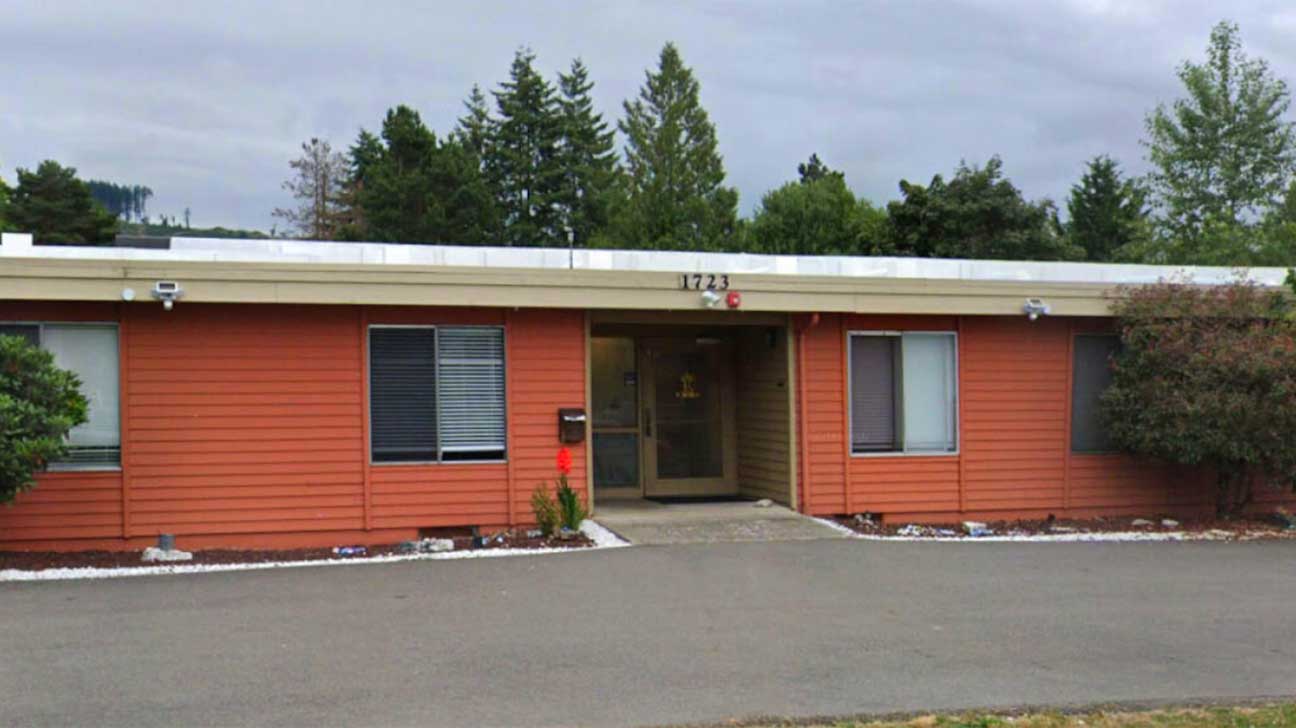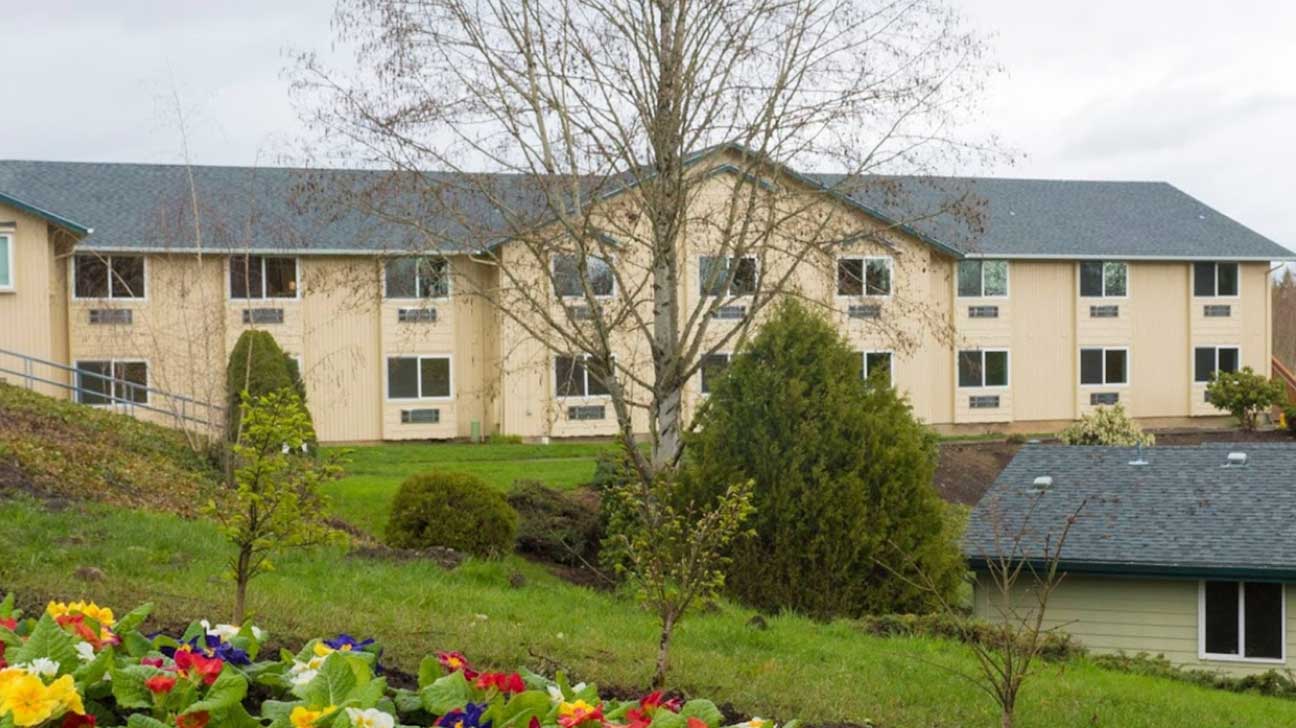
Individuals in the Pacific Northwest can find a number of inpatient and outpatient alcohol detoxification facilities in Washington state.
There are many things to consider when finding the right alcohol detox center. The option for medical detox is one major consideration, due to safety concerns regarding alcohol withdrawal.
List Of Washington Alcohol Detox Programs
We selected the following alcohol detoxification centers based on a range of factors an individual can consider when looking for a drug and alcohol detox center.
Quality criteria include:
- licensed and/or certified staff
- Google ratings
- positive reviews
- accreditation by organizations such as the Commission on Accreditation of Rehabilitation Facilities (CARF) or the Joint Commission.
- state licensure of the facility
1. Evergreen Recovery, Everett, Washington
This drug and alcohol addiction treatment facility in Everett, Washington is CARF-accredited. They offer medical detox services with trained staff.
This rehab facility accepts Medicaid as well as private health insurance to provide a cost-effective detox program and alcohol treatment.
Evergreen Recovery’s alcohol detox program lasts between five and 12 days depending upon the severity of the addiction.
Highlights of this addiction treatment center include:
- residential and outpatient treatment options following detox
- behavioral therapy for alcohol and drug addiction
- individualized treatment for chemical dependency
- multiple programs, including a parent-child assistance program
- 3.5-star Google rating
Location and contact information:
2601 Summit Ave.
Everett, WA 98201
(425) 493-5310
2. Lakeside-Milam Recovery Centers, Kirkland, Washington
This Kirkland, Washington addiction treatment center is LegitScript-certified and CARF-accredited with American Society of Addiction Medicines (ASAM) 3.5 and 3.7 levels of care.
Lakeside-Milam Recovery is also a member of the National Association of Addiction Treatment Providers (NAATP).
They offer residential inpatient, long-term treatment, and outpatient options. There is also a family program available.
Location and contact information:
10322 NE 132nd St.
Kirkland, WA 98034
(703) 841-0703
3. Royal Life Centers At Puget Sound, Sumner, Washington
This addiction rehabilitation center is accredited by both the Joint Commission and CARF. It is also LegitScript-certified and part of the NAATP.
Royal Life Centers offers alcohol detox and a number of culturally sensitive residential programs.
They have evidence-based treatment as well as holistic options for their clients with a flexible treatment program duration.
Highlights of this addiction treatment center include:
- residential and sober living services
- multiple therapy options available, including music and art therapy
- a 4-star Google rating
Location and contact information:
1723 Bonney Ave.
Sumner, WA 98390
(888) 594-8625
4. The Recovery Village Ridgefield Detox Center, Vancouver, Washington
This drug and alcohol detox and treatment center in Vancouver, Washington is accredited by the Joint Commission, a member of NAATP, and LegitScript-certified.
They offer 24-hour medical detox, co-occurring disorder treatment, customized treatment plans, and an option to continue addiction treatment at the facility following detoxification.
Highlights of this addiction treatment center include:
- residential treatment
- inpatient programs
- outpatient care
- partial hospitalization programs (PHP)
- telehealth services
- most major insurance providers accepted
- a 4.9-star Google rating
Location and contact information:
5114 NE. 94th Ave.
Vancouver, WA 98662
(360) 719-1480
What To Expect During Alcohol Detox In Washington
Detoxification from alcohol can be dangerous and even deadly without medical assistance. Detox centers offer safety and support to ensure clients receive care as needed.
Symptoms of alcohol withdrawal may include:
- headaches
- nausea
- appetite loss
- irritability
- tachycardia
- confusion
- tremors
- dilated pupils
- hallucinations
- increased blood pressure
- anxiety
- vomiting
- sweating
- insomnia
- pruritus
Medications Utilized In Alcohol Detoxification
There are a number of medications that can reduce the severity of withdrawal symptoms and help with substance abuse treatment.
Medications such as benzodiazepines, anticonvulsants, adrenergic medications, and other prescription drugs are often used to manage symptoms during detoxification.
Additionally, medication-assisted treatment (MAT) can support alcohol addiction treatment. Common MAT medications for alcohol abuse include naltrexone, acamprosate, and disulfiram.
What To Expect After Alcohol Detox In Washington
Detoxification is the first step on the path to long-term recovery. To continue forward, people with substance abuse disorders should continue treatment through an inpatient or outpatient program.
Inpatient treatment isn’t for everyone. Outpatient treatment is provided according to several levels of care. Some, like PHPs and intensive outpatient programs (IOP) can be just as thorough.
The treatment of substance use disorders typically requires intensive therapy to treat the whole person. This may include individual, group, family, or couples therapy with various modalities.
Other programs are also available such as MAT, peer support, and more.
Alcohol and drug rehab treatment services may include:
- behavioral health care such as individual, family, couples, and group therapy
- aftercare treatment options
- outpatient programs
- dual diagnosis treatment for co-occurring mental health issues
- general healthcare
- short-term inpatient care
- sober living options
- gender-sensitive or population-specific care
- programs for young adults, adolescents, and seniors
- peer support groups
- MAT for alcohol and opioid abuse
If your chosen alcohol and drug treatment facility does not provide a particular level of care, you can request a referral.
How To Choose The Right Alcohol Detox Facility In Washington
There are a number of indicators that a detoxification center provides quality care.
Things to consider when looking for a facility:
- membership with organizations such as the Substance Abuse and Mental Health Services Administration (SAMHSA) or the NAATP
- accreditation through organizations such as the National Council on Accreditation (COA), the Joint Commission, and CARF
- positive client reviews
- state licensure and state-funded programs
- certified and licensed staff
FAQs About Alcohol Detox In Washington
See the frequently asked questions below for more information on detox facilities in Washington.
Are There Alcohol Rehab Programs For LGBTQIA+ Individuals?
Yes, there are treatment programs aimed at different populations. Since the LGBTQIA+ community has specific needs, there are addiction treatment programs for queer people.
Do I Need To Go To Treatment After Detox?
Following detox, there is a high risk of relapse. It is recommended to attend treatment after detoxification, as detox only addresses withdrawal.
To address the addiction itself, individuals go into treatment, which consists of therapy, psychoeducation, peer support, medical assistance, and more, depending upon individual needs.
Most people require relapse prevention assistance for a number of years following their initial detoxification and substance abuse treatment program.
What If I Need To Detox From Multiple Substances?
Polysubstance abuse is common among people with substance abuse disorders, and detox centers are usually well-equipped to provide care for someone detoxing from multiple substances.
However, it is best to call the program’s helpline and check that they are equipped to meet your particular needs because alcohol withdrawal can be fatal.
The combination of substances like cocaine and alcohol or alcohol and methamphetamine can make it even more dangerous, so the rehab center you choose needs to be prepared.
Find An Alcohol Detox Program Today
Seeking alcohol treatment can be daunting at times. If you or your loved one have further questions about alcohol detox treatment, call us today to get help.
Article Sources- Centers for Disease Control and Prevention (CDC)
https://www.cdc.gov/stopoverdose/polysubstance-use/index.html - National Institute on Drug Abuse (NIH)
https://nida.nih.gov/publications/drugs-brains-behavior-science-addiction/treatment-recovery - Substance Abuse and Mental Health Services Administration (SAMHSA)
https://findtreatment.samhsa.gov/





